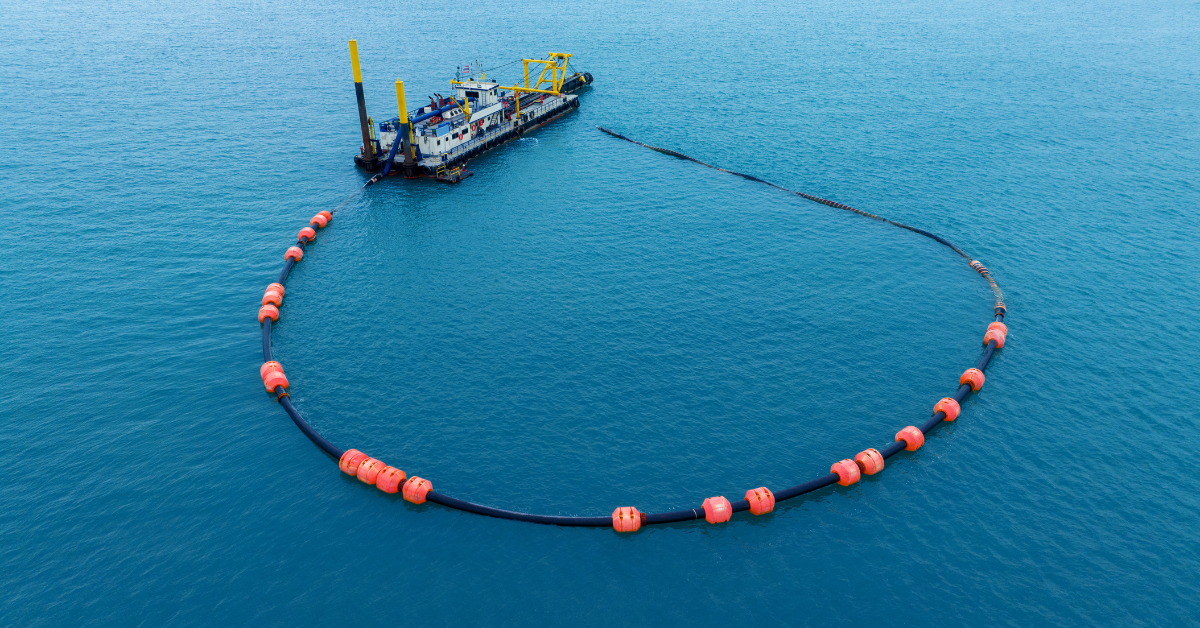As Guyana’s offshore oil production surges toward 400,000 barrels per day, the country has taken a major legislative step to protect its environment from petroleum-related hazards. On May 4, the National Assembly passed the Oil Pollution Prevention, Preparedness, Response and Liability Bill 2025—referred to widely as the “Oil Spill Bill”—which establishes strict standards for prevention, response, and liability in the case of oil spills.
Touted as a “transformative development” by the government, the bill lays the foundation for how the oil sector must prevent, report, and manage any environmental incidents, and—crucially—ensures financial accountability under a “polluter pays” framework.
Strict Accountability for Operators
Natural Resources Minister Vickram Bharrat emphasized that the law holds operators, including ExxonMobil, strictly liable for any spills—meaning companies are responsible for clean-up and damages regardless of fault. This aligns Guyana’s framework with global norms like the U.S. Oil Pollution Act (OPA 90) and EU standards.
Operators must now:
-
Maintain in-country spill response equipment
-
Submit and routinely update Oil Spill Response Plans
-
Participate in regional rapid response networks
-
Provide insurance or financial guarantees to cover worst-case scenarios
The law also introduces G$1 billion fines for non-compliance or willful cover-ups and grants regulators authority to issue stop-work orders if safety lapses go uncorrected.
Prevention, Preparedness, and Swift Response
A key mechanism is the creation of a state-managed Oil Pollution Fund to finance immediate responses. This fund ensures that clean-up can begin without delay, even if legal or corporate processes are still underway.
Importantly, the law mandates that polluters reimburse the fund in full—quashing earlier public misconceptions that the government would bear cleanup costs. Minister Bharrat clarified in Parliament:
“Nothing in this law lets oil companies off the hook.”
Bipartisan Support, Clarified Language
Although the opposition initially raised concerns over ambiguous interpretations, particularly around liability, they later endorsed the bill after clarification. Clause language was adjusted to ensure that operators—not taxpayers—shoulder environmental risk.
This bipartisan agreement was viewed positively by observers. “This law is about safeguarding Guyana’s ecological future,” one opposition MP stated, while cautioning that enforcement will be the true test.
EPA Empowered, Regional Cooperation Enshrined
The law significantly strengthens the Environmental Protection Agency (EPA), allowing it to:
-
Directly fine violators for unauthorized discharges
-
Demand compliance without waiting for court orders
-
Monitor operator drills and test their spill readiness
It also includes a transboundary provision—mandating notification and cooperation if a spill from Guyana’s waters affects a neighboring country. This move won praise from CARICOM and reflects a broader commitment to regional environmental solidarity.
Complementing Global Standards and Oil Governance Goals
Though the bill does not alter Exxon’s 2016 contract, it establishes clear ground rules for all current and future operators. ExxonMobil has publicly supported the move, noting that clear regulatory expectations help long-term planning.
The law also dovetails with calls from international institutions like the IMF and World Bank, which have urged Guyana to enhance its oil sector oversight. In response, the government has announced:
-
New Coast Guard equipment purchases
-
Training partnerships with the U.S. Coast Guard
-
Broader modernization of Guyana’s maritime environmental response systems
Public Impact and Environmental Reassurance
To many Guyanese, the law brings peace of mind. Memories of Deepwater Horizon (2010) or Trinidad’s Petrotrin spill (2020) still linger. Knowing that oil companies now face clear legal and financial consequences if disaster strikes adds confidence that the country’s mangroves, fisheries, and coastal communities are protected.
As one civil society commentator noted:
“Guyana’s Budget may be built on oil, but our laws now ensure it won’t be at the expense of our blue water and green earth.”
Region: Georgetown (Parliament); Offshore Guyana
Sources:
-
Ministry of Natural Resources
-
Environmental Protection Agency Guyana
-
Guyana Chronicle – guyanachronicle.com
-
Stabroek News – stabroeknews.com
-
Instagram updates from relevant ministries




